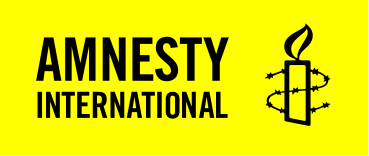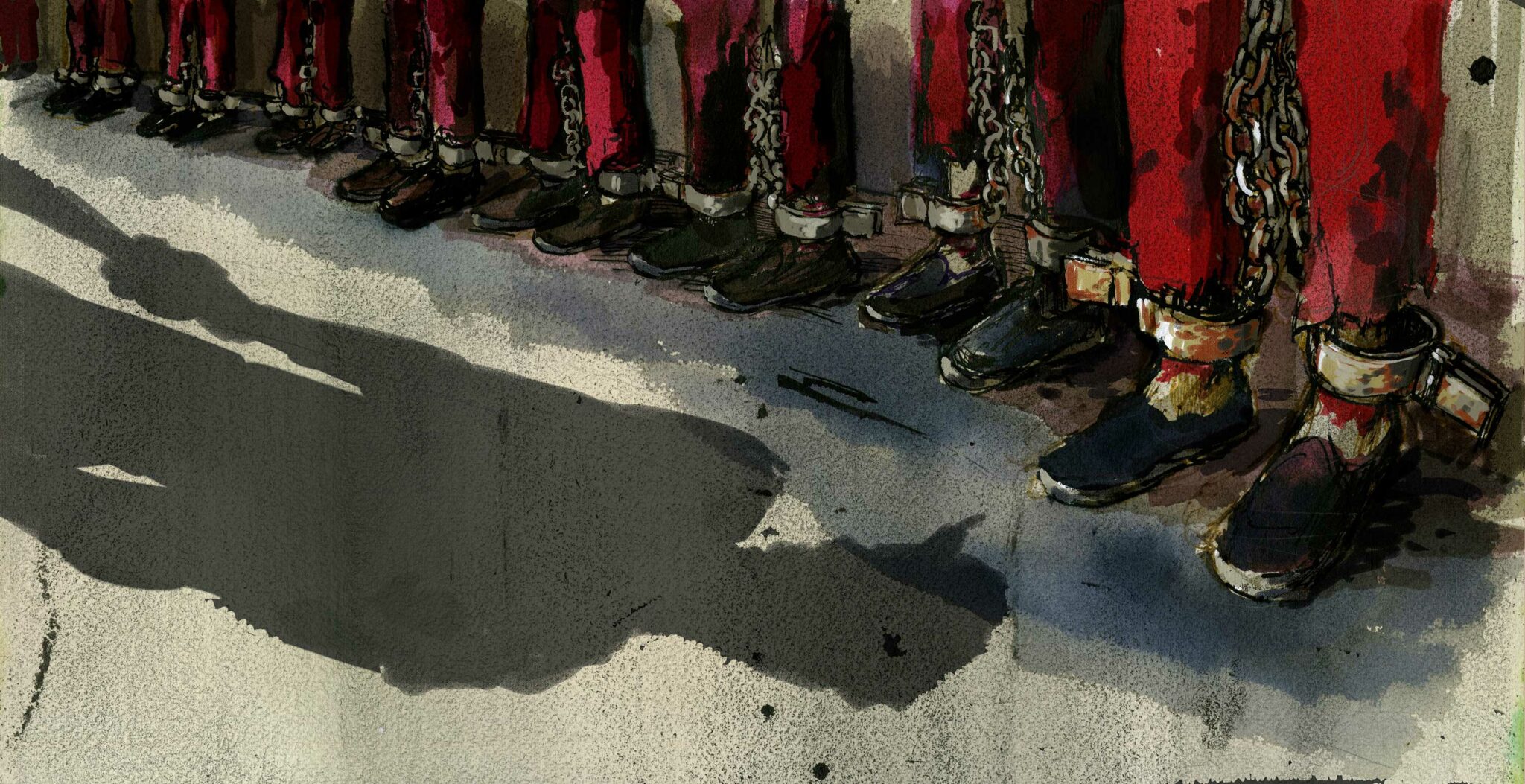Evidence of other serious violations of international human rights law
Evidence gathered from former detainees and other witnesses interviewed by Amnesty International demonstrates that the Chinese authorities have committed serious violations of human rights, which in addition to underlying many of the crimes against humanity described above, entail state responsibility in their own right. These human rights violations include grave violations of the rights to liberty and security of person; to privacy; to freedom of movement; to opinion and expression; to thought, conscience, religion, and belief; to take part in cultural life; to equality and non-discrimination; and to freedom from forced labour. Amnesty International believes further independent international investigations into these allegations must also be prioritized.
In particular, the evidence collected for this report documents serious violations of the following human rights:
- Freedom of religion and the right to take part in cultural life: The restrictions on religious and cultural practice documented in Chapters 2 and 4 are clear violations of the rights to freedom of religion and to take part in cultural life. These violations include the fact that as part of the apparent campaign to root out Islamic religious practices and to culturally assimilate Muslims in Xinjiang, numerous practices that Muslims widely consider essential to their religion, such as praying and carrying out traditional rituals and ceremonies, are now, in effect, prohibited and are grounds for being sent to an internment camp, though they are not explicitly prohibited by law in Xinjiang. Many former detainees explained that they effectively stopped displaying any signs of being religious for fear of detention or other punishment.The prohibition on possessing religious or cultural artefacts and the destruction of religious and cultural sites are also violations of the right to freedom of religion and of the state’s duty to protect cultural property and heritage. The fact that languages other than Chinese have been banned in the internment camps and heavily restricted outside the camps is a violation of the right of linguistic minorities to use their own language. Moreover, the entire internment camp system is designed in a way that not only prevents Muslim detainees from being able to practise any aspect of their religion but also attempts to forcibly indoctrinate them against Islamic religious practice and belief.
- Freedom of movement: The restrictions on freedom of movement documented in Chapters 2 and 6 go far beyond what could be considered necessary and proportionate for a recognized aim and lack any effective safeguards. Examples of disproportionate limitations on the right to freedom of movement include:
- general requirements to obtain official permission before travelling either internally or abroad;
- the blanket confiscation of passports;
- the state’s refusal to issue a passport or extend its validity based on unnecessary legal rules or administrative measures; and
- the ubiquitous system of checkpoints.
- An especially egregious violation of the freedom of movement is that travelling abroad, attempting to travel abroad, or communicating with people abroad is grounds for being detained and sent to an internment camp. Limitations are particularly excessive for former internment camp detainees, in many cases amounting to a form of detention.
- Liberty and security of person: The instances of arbitrary detention documented in this report are clear violations of the right to liberty of person.
- Privacy: The instances documented in Chapters 2 and 6 go far beyond what could be considered legitimate, necessary, or proportionate limitations on privacy, and they lack the adequate safeguards to be considered “provided by law”. Example of unjustified limitations include:
- demands for involuntary provision of excessive biometric data and the massive collection and retention of this and other personal information;
- regular searches and interrogations by ubiquitous security officers without reasonable grounds or suspicion;
- “homestays” by government employees and cadres assigned to live with ethnic minority families;
- an ever-present network of indiscriminate mass surveillance cameras, including facial recognition cameras and other extensive, invasive in-person and electronic monitoring;
- random checks of private phones and other unfettered access to people’s personal communication devices, including their contacts and social media accounts; attempts to restrict all personal digital communication to apps and platforms that the government can access and monitor; and making the possession of unsanctioned software on a phone or visiting a forbidden website grounds for being detained and sent to an internment camp.
- Opinion and expression: The ceaseless forced political indoctrination, especially during camp internment but also afterwards, violates the right to hold opinions, which is absolute and not open to any qualifications, such as on the grounds of national security. This violation is demonstrated by forced indoctrination aimed at rooting out Islamic religious beliefs and Turkic Muslim ethno-cultural practices and replacing them with secular state-sanctioned views and behaviours. The ultimate goal is to forcibly assimilate members of these ethnic groups into a homogenous Chinese nation possessing a unified language, culture, and unwavering loyalty to the Chinese Communist Party. The various ways in which former detainees are forbidden to talk about their experiences also violates the right to opinion and expression. The restrictions on the right to freedom of expression described in Chapter 2 also go beyond what is legitimate and proportionate.
- Equality and non-discrimination: Testimony that former residents of Xinjiang and other witnesses provided to Amnesty demonstrates a policy of discriminating against Muslim minorities. The testimony also shows restrictions on human rights documented in this report enforced in a discriminatory manner. As an illustration, former detainees said the police stopped only members of ethnic minorities on the street or at checkpoints, where they were subjected to ID checks and body searches; Han Chinese either did not need to go through the checkpoints at all or were essentially waved through without having their bodies or phones searched and without being questioned. Furthermore, Han Chinese were not compelled to attend flag-raising ceremonies or to attend “education” classes.The state also fails to protect against discrimination by third parties. For example, members of ethnic minority groups faced much greater difficulty accessing public transport and commercial entities such as hotels and shops. Taken as a whole, the treatment of predominantly Muslim ethnic groups runs starkly counter to the state’s duties to eliminate, prevent, and remedy discrimination – not only by its own officials but also by private individuals and other non-state actors – and to take positive steps to address longstanding disadvantages that those groups experience.
- Freedom from forced labour: Based on the evidence presented in this report, Amnesty believes the treatment of some former detainees in Xinjiang is characterised by elements of forced labour which meet the definition of ILO Convention 29. There is a lack of voluntariness accompanied by a threat of detention for non-compliance. In addition, there is evidence in some cases of poor or abusive working conditions, including low pay, isolation, restrictions on movement, and intimidation and threats.



